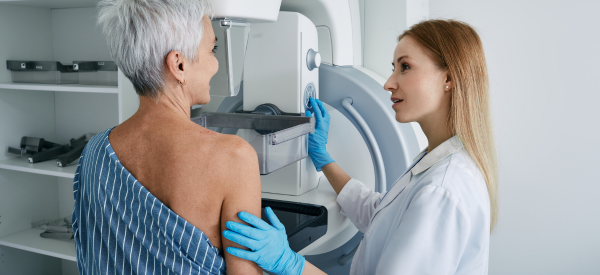There is still so much to know and understand about Alzheimer’s.
One thing experts are sure about is that it is a steadily progressive disease that often rears its head before symptoms begin.
While almost 40 percent of all dementia patients can point to genes as playing a significant part in their diagnosis most cases, scientists say, occur with no family history or genetic predisposition.
FHC searched and found new research stating that in dementia patients, the deterioration of the brain is linked to an abnormal build-up of protein.
This accumulation of proteins is said to cause “frontotemporal degeneration.”
What differentiates Alzheimer’s from other patients with dementia is a trace protein substance called amyloid beta.
About 40 percent of people who suffer from dementia have a build-up of “tau,” while about half of all patients have TDP-43, and another 10 percent, a build-up of FUS.
There is currently no cure for dementia but scientists are now testing drugs that may help people who already have the disease, as well as those at risk for developing it.
You may have a loved one who is receiving in-home care services or personalized elder care because their lives have been touched by Alzheimer’s.
And if your senior is in the beginning stages of the disease or if you want to know what to look for before diagnosis, there are a few indicators researchers say that could signal the beginning stages.
In its preclinical stage, there are no real apparent symptoms, although doctors are now able to detect amyloid beta using new imaging scans.
But Doctor Bruce Miller, professor of neurology and psychiatry at University of California, San Francisco, says there are actual signs that include “addictive behaviors — drugs, alcohol, gambling — bad decision-making, alienation of other people around them. These are things that we never realized could represent the first symptoms of a degenerative disease.”
Once detected, patients go through a very mild cognitive decline, which may include lapses in memory (forgetting recent conversations or events) an error in judgment and decision-making.
Mild dementia is the phase of the disease when doctors are able to detect its presence. This may look like forgetting newly learned information, repeating the same question several times, difficulty performing tasks, misplacing items of significance, and trouble planning and organizing.
Moderate decline includes forgetting personal life details, gradual loss of short-term memory, moodiness and a desire to be alone.
Patients in the 5th stage of Alzheimer’s or moderately severe decline, may experience difficulty remembering their phone number or being able to dress themselves, confusion about what day it is and an inability to complete everyday activities alone.
Severe decline includes changes in personality, trouble recognizing loved ones, changes in sleep patterns, difficulty controlling bowel movements or the tendency to wander off.
The last of stage of Alzheimer’s is generally when loved ones are nearing the end of life.
They can no longer communicate or complete daily tasks alone. Their reflexes become abnormal, while losing all use of muscular function. As a home care agency in Chicago, we are here to help your loved ones in Chicago suffering from Alzheimer’s.
Is It Alzheimer's?




